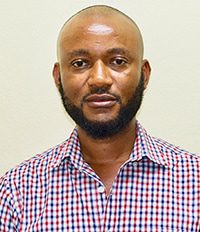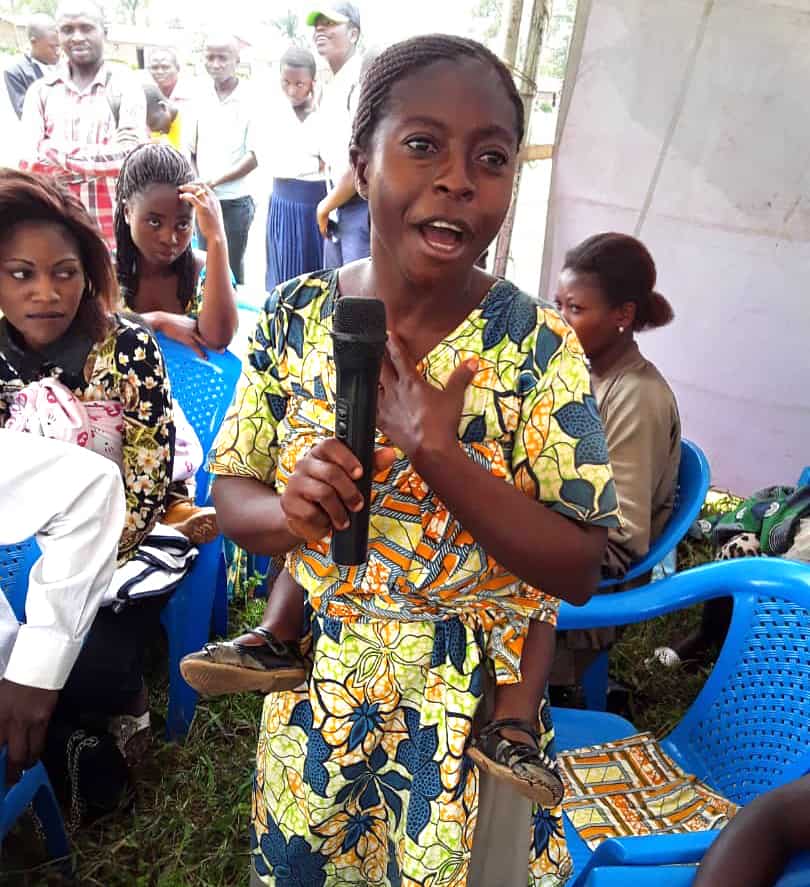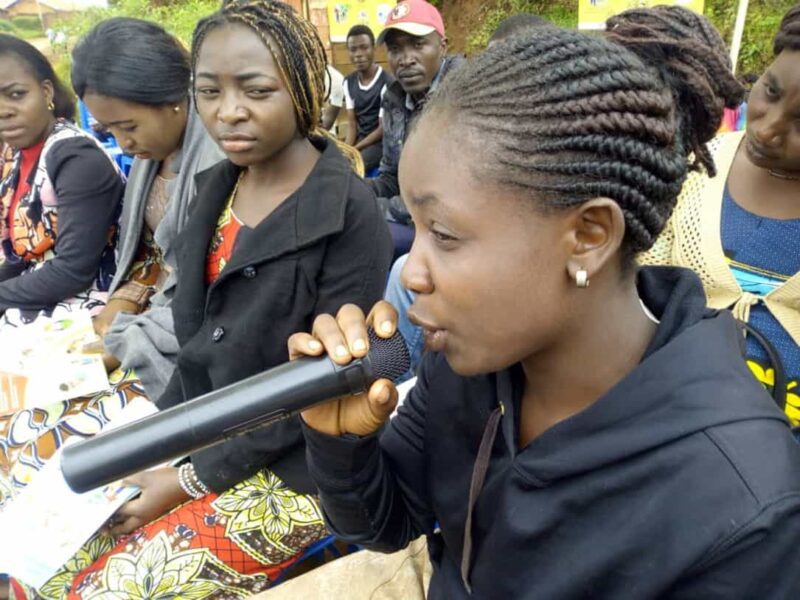
In November last year, I arrived in Goma to support the Ebola response in the Democratic Republic of Congo. This was just over a year after the first case of the virus was confirmed. It marked the tenth outbreak that the country was experiencing and by far, the most challenging with the virus spreading across regions and overwhelming communities.
Having experienced and supported the Ebola response in Sierra Leone that swept across regions and borders, there was a familiar feeling. But this outbreak was different in many ways.
The areas hard hit by the epidemic had to contend with insecurity and political unrest. According to the WHO, over 420 attacks were recorded on health facilities since the outbreak was declared. Efforts by government and international partners to respond to the epidemic were met with suspicion. This undermined trust between communities and response organizations creating room for conspiracy theories including rumors, myths and misinformation.
Given the country’s poor road infrastructure and sometimes impossible access to communities, the work of government and others in the response was cut out. By January 2020, the country had recorded over 3,380 cases including 2,232 deaths mostly from North Kivu – the epicenter of the epidemic.
Whilst there have been setbacks – as with the recent new case just days before the current outbreak was about to be declared over – there appears to be light at the end of the tunnel. But what’s the biggest difference in getting this far? Are there lessons we can learn from this outbreak?
Internews – like many other responders – played a major role in the response effort delivering a range of activities including engaging communities and generating feedback; providing accurate, relevant and life-saving information to affected population and creating avenues for responding to community concerns.
In situations like this, there are opportunities for learnings. None is as important as understanding what worked well in delivering the most wide-ranging effect in combatting the epidemic. And as Project Director managing Internews’ Ebola response, I noted three things that stood out:
1. Placing communities at the heart of the response efforts
Internews’ approach of listening to communities through regular and active engagement remains the bedrock for building trust, gauging community perception and enhancing accountability of the response. When communities hold on to certain beliefs or perceptions, it underscores the need for engagement that is based on empathy and understanding rather than dismissal.

These engagements have included public debates, listening clubs and round table discussions on the Ebola response. In Beni for example, following an attack on and the burning down of a WHO vehicle reportedly by motorbike riders who were apparently resistant to the Ebola response, Internews conducted a roundtable discussion that involved the leader of the Motorbike Association in Beni. During the discussion, one of the motorbike riders discreetly went over to Internews’ Community Liaison Officer requesting to be vaccinated after confessing to have transported a sick person who later died of Ebola.
Similar engagement took place in Thako village where community members resisted the use of body bags as part of the safe, dignified burial process until Internews Community Liaison Officers intervened through a public debate on the issue. The community claimed not to have any idea of the new burial procedure and never had been engaged on the importance of body bags in the process.
This led to negative perceptions about the virus being used to depopulate the community and viewing the body bags as insulting to their culture. But through an intensive engagement that included a practical demonstration of the use and importance of the bag, the once resistant community pledged their acceptance to the safe and dignified burial process – a positive development in how listening to community concerns and responding to them can engender change in behavior and perception.
2. Developing a localized approach
From the outset, the Ebola epidemic was dogged by conspiracy theories and a lack of trust between communities and responders. It was common to hear phrases like “Ebola is business” -a view that portrayed foreign experts exploiting the misery of the affected population or the way resources were expended to respond to the epidemic.
When communities view outside support as part of the problem, it highlights the need to fully integrate international efforts with an effective localized approach that includes a critical mass of local staff embedded at every level of the organization.
When I travelled to the field and was introduced by one of our Community Liaison Officers, the message that reverberates is we are one of them as seen in the make-up of our staff. It is not always easy to find the right balance. But having an approach that reflects the aspiration of the affected population is critical for building trust. And this has been vital for our colleagues in effectively working with community members and in the process gaining their respect and confidence – critical elements for engaging communities in engendering behavior change.
3. Investing in local media
In a climate of insecurity, media is the best option to reach audiences in remote communities particularly illiterate population that relies on radio as their best source of information. But the expectation on local media to naturally and effectively respond to crises is overplayed without taking into context the challenging environment they operate in including a lack of human and institutional resources.
When I interact with radio partners, the message that comes across is “your support has enabled us to remain on air and contribute to the Ebola response.” When the media is effectively supported, it can play a vital role in providing life-saving information and promoting accountability of the response. It provides an assurance of remaining engaged with the response even after the outbreak is declared over. The process is not automatic. It requires continued engagement and support over the long term.
As Ebola may be ending, we must be mindful of the fact that the storm is not over. There could be further setbacks particularly with the spread of COVID-19. Whilst the fight is on, it’s important to also look long term: supporting a resilient and functioning health system that responds to the needs of communities and vulnerable populations is vital. And media can play an integral role in ensuring accountability of service delivery and promoting constructive engagement involving communities, service providers and government.
Project Accomplishments
- Since the start of the DRC Ebola project in December 2018, Internews has conducted over 160 community engagement activities including public debates, listening clubs, round table discussions and market events that are specifically targeted at women.
- To date, 901 editions of Koma Ebola radio programs have been produced (303 in French; 300 in Swahili and 298 in Kinande) and over 90 PSAs were produced on Ebola.
- Ebola-related radio content including PSAs and Koma Ebola have been broadcast over 100,000 times on Internews 42 partner radio stations based in North Kivu and Ituri.
These activities were funded by OFDA/USAID, H2H (DFID) and the Paul Allen Foundation.
(Banner photo: Public debate with young people from Kambali District, Butembo. Credit Internews)
